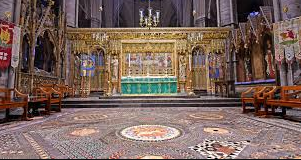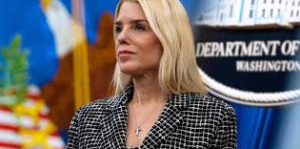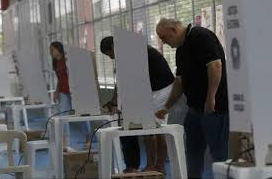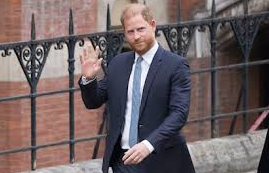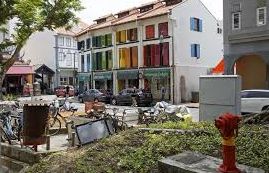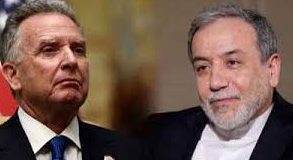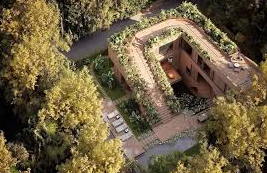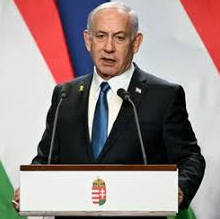Controversy arises over RTE’s extensive coverage of the King’s coronation, as Irish lawmakers voice opposing views.
Ireland’s Taoiseach, Leo Varadkar, has called for respect towards the UK’s constitutional monarchy following criticisms from two opposition politicians over the extensive coverage by Ireland’s national broadcaster, RTE, of King Charles III’s coronation.
During a parliamentary session in Dublin’s Dail, socialist TDs Paul Murphy and Richard Boyd Barrett from People Before Profit-Solidarity questioned RTE’s decision to dedicate four hours of programming to the London ceremony. Mr Murphy described the monarchy as an institution rooted in “racism, privilege, and empire,” suggesting the coronation represents an attempt to rehabilitate the monarchy’s image.
Murphy argued that republicans attending the event to build bridges with unionists could instead focus on fostering a united, socialist movement that transcends religious and social divides. He highlighted the declining support for the monarchy, noting, “Even in Britain, only 29% of people consider the monarchy very important. It’s an outdated institution tied to colonialism and extreme inequality.”
Boyd Barrett echoed concerns over the lavish coronation expenditure amidst Britain’s poverty crisis, contrasting it with Europe’s abandonment of coronation ceremonies. He criticised RTE’s decision, asking, “Is this really appropriate for a republic to broadcast four hours of such an event?”
In response, Mr Varadkar acknowledged the criticisms but emphasised the importance of respecting the UK’s democratic choices. He stated, “The United Kingdom is a constitutional monarchy supported by the majority of its people. Monarchies sometimes become republics, as seen in Barbados, but that decision rests with the people of each nation. We should respect their system of government.”
Varadkar also highlighted the significance of peaceful coexistence and bridge-building, referencing the Good Friday Agreement as a pivotal achievement in Irish-British relations.
The debate reflects Ireland’s ongoing dialogue about its republican identity and its relationship with the UK’s monarchy, especially during high-profile events like the coronation.
